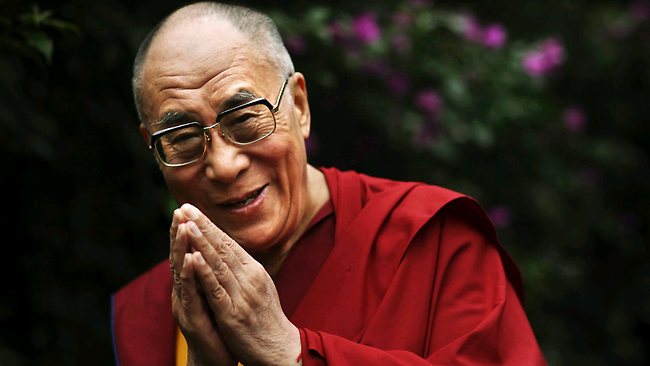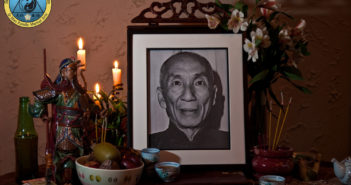9 Gems of wisdom from the Dali Lama that will get you thinking about life and your place in it.
1. “Through violence, you may ‘solve’ one problem, but you sow the seeds for another.
…
2. Love and compassion are necessities, not luxuries. Without them, humanity cannot survive.
…
3. The universe that we inhabit and our shared perception of it are the results of a common karma. Likewise, the places that we will experience in future rebirths will be the outcome of the karma that we share with the other beings living there. The actions of each of us, human or nonhuman, have contributed to the world in which we live. We all have a common responsibility for our world and are connected with everything in it.
…
4. It is under the greatest adversity that there exists the greatest potential for doing good, both for oneself and others.
…
5. The creatures that inhabit this earth-be they human beings or animals-are here to contribute, each in its own particular way, to the beauty and prosperity of the world.
…
6. To develop genuine devotion, you must know the meaning of teachings. The main emphasis in Buddhism is to transform the mind, and this transformation depends upon meditation. in order to meditate correctly, you must have knowledge.
…
7. Anything that contradicts experience and logic should be abandoned.
…
8. We humans have existed in our present form for about a hundred thousand years. I believe that if during this time the human mind had been primarily controlled by anger and hatred, our overall population would have decreased. But today, despite all our wars, we find that the human population is greater than ever. This clearly indicates to me that love and compassion predominate in the world. And this is why unpleasant events are “news”; compassionate activities are so much a part of daily life that they are taken for granted and , therefore, largely ignored.
…
9. The fundamental philosophical principle of Buddhism is that all our suffering comes about as a result of an undisciplined mind, and this untamed mind itself comes about because of ignorance and negative emotions. For the Buddhist practitioner then, regardless of whether he or she follows the approach of the Fundamental Vehicle, Mahayana or Vajrayana, negative emotions are always the true enemy, a factor that has to be overcome and eliminated. And it is only by applying methods for training the mind that these negative emotions can be dispelled and eliminated. This is why in Buddhist writings and teachings we find such an extensive explanation of the mind and its different processes and functions. Since these negative emotions are states of mind, the method or technique for overcoming them must be developed from within. There is no alternative. They cannot be removed by some external technique, like a surgical operation.”
H.H. The 14th Dalai Lama in ‘Dzogchen: The Heart Essence of the Great Perfection‘, Snow Lion Publications, Ithaca, 2004




